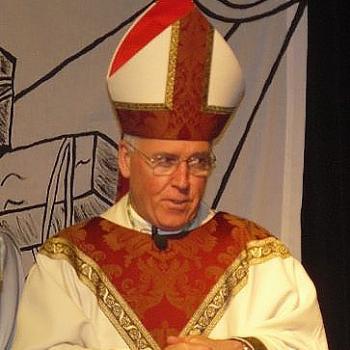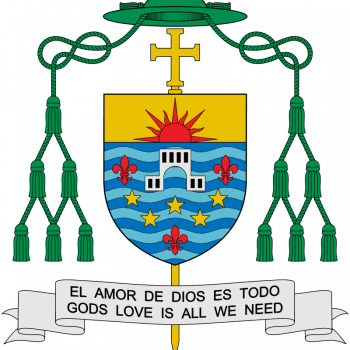Following up on last month’s big news— in which Bishop Thomas Paprocki of Springfield repeated his call for Senator Richard Durbin to refrain from receiving Holy Communion—Catholic World Report asked the bishop to explain the thinking that led up to it.
The bishop noted in the interview:
This decision was not intended to punish, but to bring about a change of heart. We’re all called to examine our hearts, and look to areas in need of change. It’s a call to conversion.
Senator Durbin was once pro-life. He changed somewhere along the line. I hope he comes back to his roots. I offer my prayers, and invite the faithful to do so as well, that this change happens.
Here’s more:
CWR: What prompted you to make this policy public?
Bishop Paprocki: Many Catholic lay people were upset that Catholic members of Congress were voting in favor of abortion, and in this case, late-term abortion, which is particularly gruesome.
CWR: When you spoke to Senator Durbin in 2010, did he explain to you why he, as a Catholic, voted in favor of legalized abortion?
Bishop Paprocki: No, he didn’t go into any details. I don’t know why he changed his position. There were once many Democrats for life, but that group seems to be getting smaller and smaller.
I should add, however, that this is not an attack on the Democrat party. It is about abortion, and it applies to Republicans who vote in favor of it as well. There are pro-choice Republicans. In Illinois, our governor, Bruce Rauner, is a Republican. He recently signed into law HB 40, which provides taxpayer funding for abortion. Other states have taxpayer funding of abortion, but usually it is imposed by the courts. In our state, it came from our Democrat-dominated legislature. Governor Rauner had told Cardinal Blase Cupich of Chicago that he’d veto HB 40, but when it came to his desk, he flip-flopped and signed it. Cardinal Cupich and I were very upset with the governor and let him know. I bring this case up to make the point that with both political parties we hope there will be a greater movement towards protecting human life.
CWR: Please explain the penalty Senator Durbin has incurred. How does this compare to excommunication?
Bishop Paprocki: Excommunication goes farther, placing a person outside of the community, not just barring him from Holy Communion. There are other implications.
A person prohibited from Communion, or even excommunicated, should still go to Mass, however. They have the obligation to attend, and can pray without going to Holy Communion.
CWR: And what if they present themselves for Communion?
Bishop Paprocki: No one wants a confrontation. These matters are usually addressed in private conversation, as was done by Msgr. Vann in Senator Durbin’s case. This meeting does not take place in church.
This does not only apply to politicians. I have had this conversation with the divorced who have remarried without an annulment. Such a person is not eligible to receive Communion.
Hopefully the person would have the integrity to not make a scene. To his credit, Senator Durbin has honored this decision in our diocese. But if such a person came to me when I was distributing Holy Communion, while I would prefer not to have a confrontation, I would invite that person to make a spiritual Communion.
Read it all. There’s much more that helps put this issue into context.












